The Life of Music Producer Clive Davis
Clive Davis is more than just a man who can. He’s a star-maker, a songwriter, a Grammy Award winner — and a legend in his own right. He is still a jewel in the crown of the music industry, who shows no sign of slowing down.
Over the course of his decades-long career, he has rubbed shoulders with the best of the best. Join us as we take a look at some fascinating anecdotes from the extraordinary life of Clive Davis.
He Tried To Save Whitney Houston
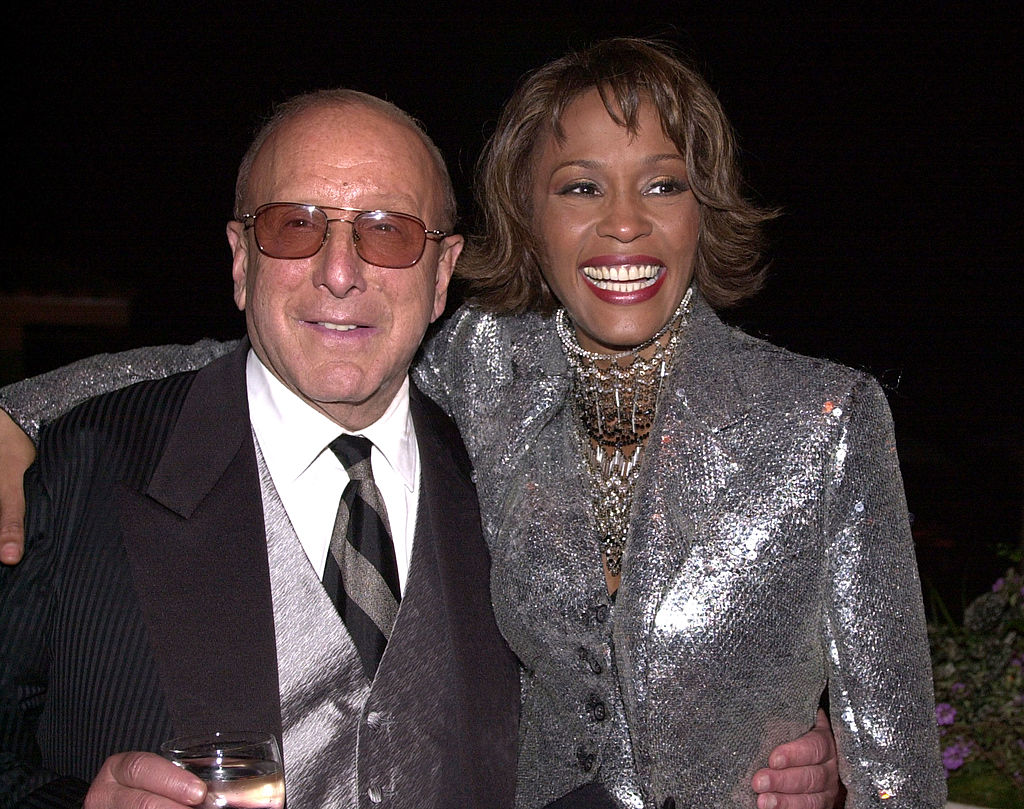
Clive Davis was responsible for many intergalactic rises to fame, but perhaps none more so than Whitney Houston. The two remained close throughout the years. Towards the end of her life, Davis tried to intervene, writing a letter to her that read, “Dearest Whitney: When I saw you last night at the Michael Jackson concert, I cried. My dear, dear Whitney. The time has come.” Despite his attempts and an intervention, Houston eventually succumbed to her vices.
After her passing, Davis released a DVD tribute to her that he put together personally. When asked if it was a difficult process, Davis replied, “I wouldn’t use the words ‘too painful to watch’. You constantly marvel at the magnitude of her talent.”
Bruce Springsteen Gives Him Special Privileges

Not many people get close to Bruce Springsteen before he gets on stage. The rock star has a very strict pre-show routine. However, if you’re Clive Davis, he’ll bend the rules a little.
“Bruce has always been wonderfully gracious,” Davis told The Guardian. “As soon as I go into an arena at one of his shows, the manager, Jon Landau, comes to get me and I have a private meeting with him – he doesn’t see anyone else before a performance, whether it’s Shea Stadium or Madison Square Garden.” Davis went on to say that while he’s not close friends with the star, there’s a mutual respect there.
Music Wasn’t His First Career Choice
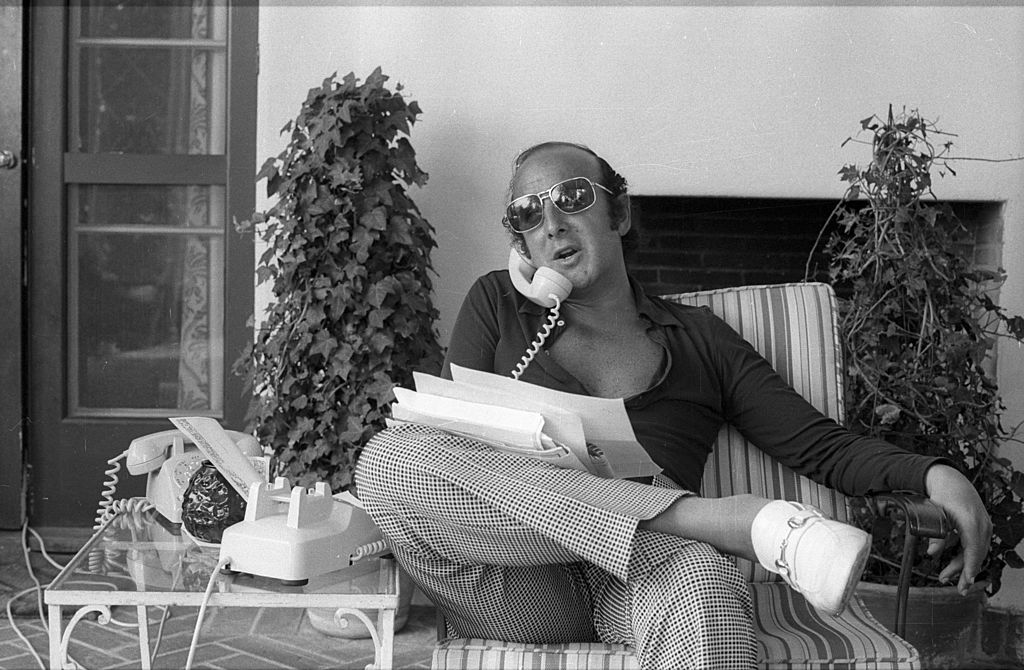
Davis never thought he would end up as a famous music man. In fact, it wasn’t on the cards at all. He graduated from Harvard and went on to practice in a small law firm in NYC. It was only when he happened to serve CBS records as a client that things started going that way.
“I had no idea that I was ever getting into music,” Davis told journalist Paul Lester. “I did not prepare for a music career, and here I’ve found, out of pure luck, that I did have, not only a talent and an ear, but a passion for music.”
Coming Out As Bisexual Wasn’t An “Achievement”
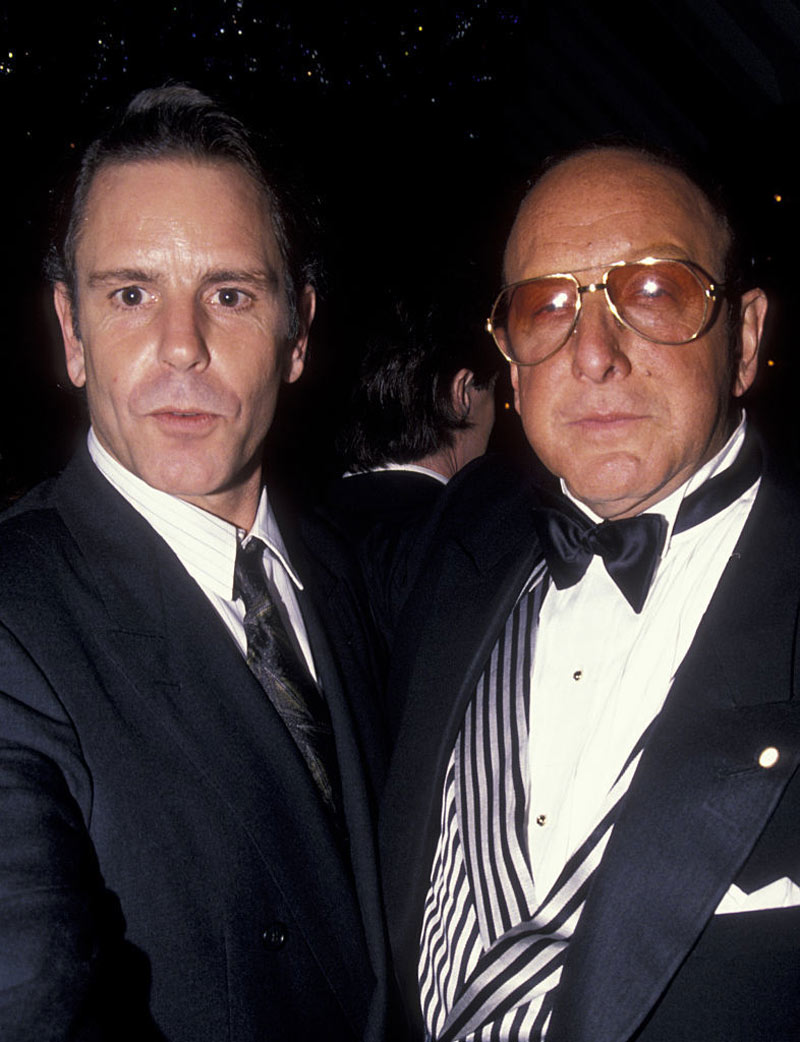
In 2013, the mogul made a revelation in his memoir, Soundtrack of My Life, that startled some people. Davis had been married twice, but never spoke about his sexuality in public. So, when he came out as bisexual by way of his book, it caused quite a stir. Despite the public announcement, the producer insists it wasn’t an “achievement.”
“I certainly knew the subject was misunderstood, that whether you were straight or gay, if you found somebody who was truly bisexual that you’d stereotype them,” he explained in an interview. “If it helps reduce the misunderstanding and the stereotypical attitudes about it, then great. But I don’t view it as an achievement. It is what it is.”
Davis’ First Gay Experience Caused Him To Soul Search
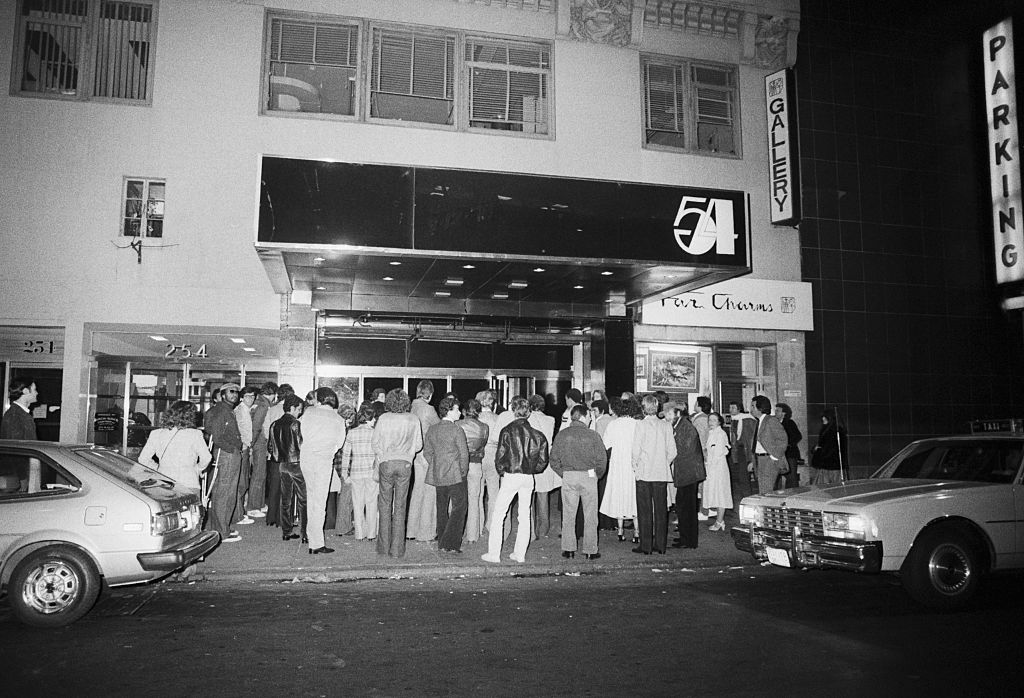
In his book, Davis explained that his first encounter with a man was during the era of Studio 54. “On this night, after imbibing enough alcohol, I was open to responding to his [advances],” Davis writes in his memoir.
“Was I nervous? Absolutely. Did the heavens open up? No. But it was satisfying,” he explains. This experience provoked a period of “soul searching and self-analysis.” Davis goes on to say that he never felt repressed or confused while married to women. After divorcing his second wife, he entered into a relationship with an unnamed doctor in 1990. The couple remained together for 14 years. Davis is currently in a relationship with another man.
CBS Fired Him For Using Funds To Finance His Son’s Bar Mitzvah
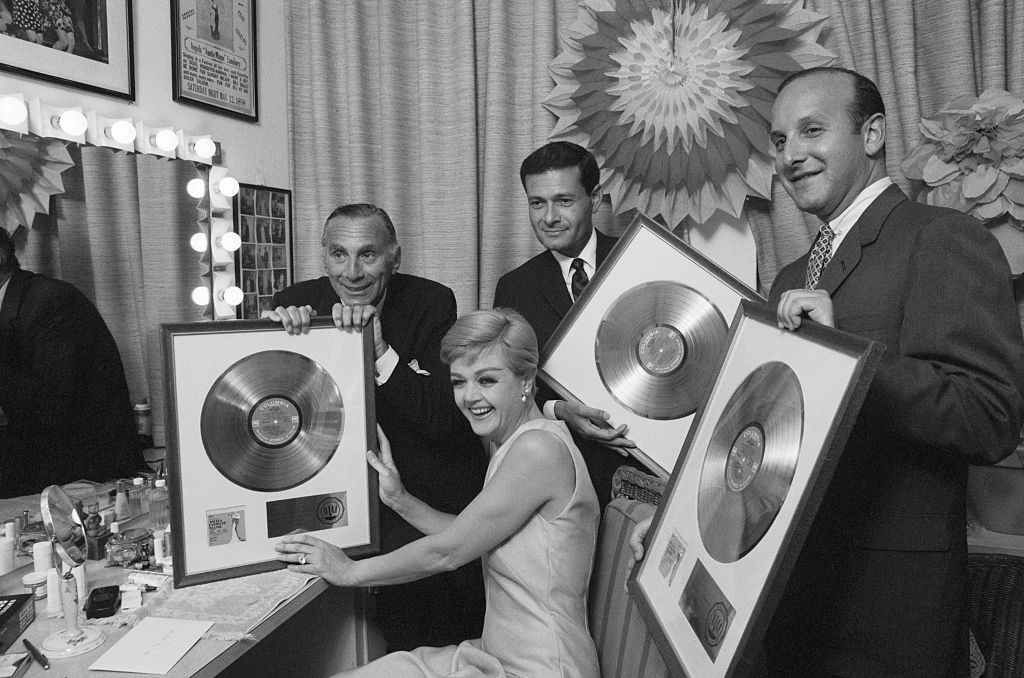
Davis’ days with CBS started when he was just 28. As a young man in an entirely new industry, he had an awful lot to learn. By 1973, things had started to turn a little sour, despite the great acts (like Janis Joplin) that he had signed. He was the label head…but it wouldn’t last.
CBS officially gave him the boot that year, after a slew of headlines sullied his name. Accusations of paying DJ’s to play songs abounded, but it was one thing in particular that made CBS drop him abruptly. It was thought that Davis had used corporate funds to finance his son Fred’s Bar Mitzvah.
CBS Was Less Than Nice About The Whole Affair
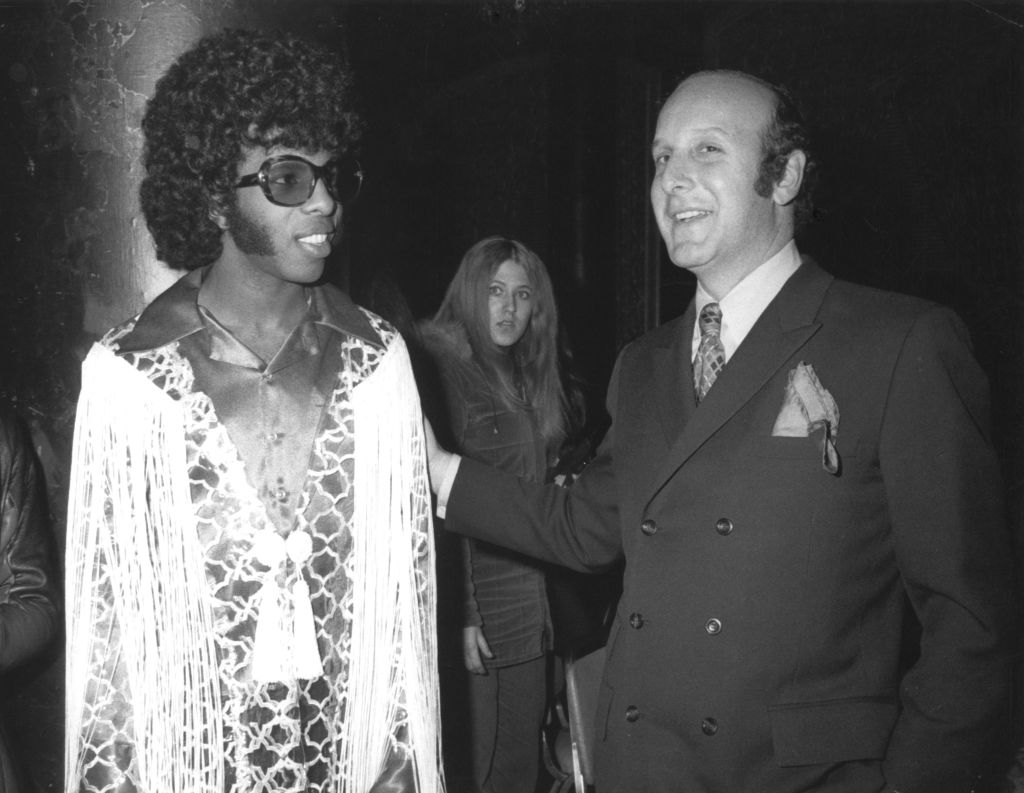
At CBS, Clive had raked in some of the top artists in the world, including Earth, Wind, and Fire. His success wasn’t enough to save him. According to Vanity Fair, Davis was hauled into the office of the top dogs and told, “That’s it, Clive. You have pushed the envelope too far, too long, and you’re gone.”
The company served him with a civil suit citing fraud in the amount of $94,000. Accompanied by security, he was told to get his things and leave immediately. The limo dropped Clive home, and was promptly called back to the CBS offices, leaving Davis distraught — and penniless.
Arista Records Saved His Career

After the glory days at CBS were over, Clive had nowhere to turn. According to his friends, he was broke and severely depressed — so much so that they believed he may commit suicide. While many men would’ve given up on the industry that burned them, Davis turned catastrophe into triumph. Two years after losing everything, he started Arista Records. Thanks to his connections, it was an instant success.
“Clearly, when I started Arista, it was not out of choice. It was after a very painful and traumatic two year period of time,” Davis told the Recording Academy in 2013. “I knew the burden was on me to show, ‘okay, can you do it from scratch.'”
His Prodigious Memory Is Unparalleled
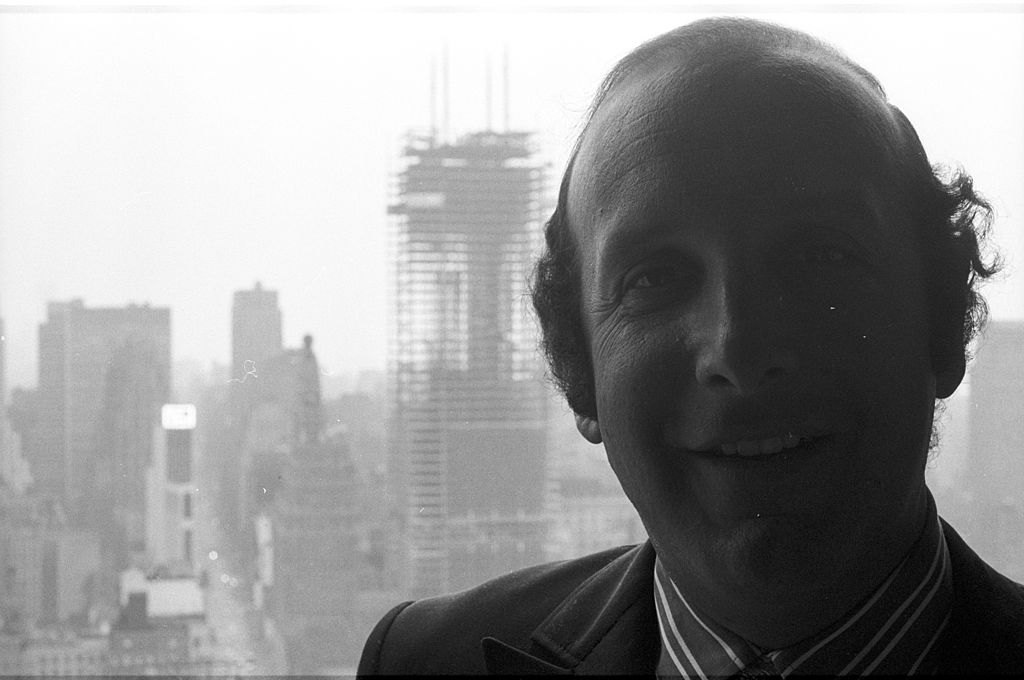
Even as a child, it was clear that Davis had a gift for statistics and numbers. While he’s the first to admit that he was homely, unlike his mom’s “natural beauty,” Davis had many talents growing up. He was able to reel off the stats of his baseball heroes with finesse and accuracy, sing with perfect pitch, and was a top student.
His drive was simply something that was a part of him, he later wrote in his autobiography. “I was your basic, garden-variety, ambitious, upwardly mobile, hard-working Jewish boy from Brooklyn. I was bound—and so were the kids around me—to go beyond my parents. It was simply the way things were.”
His Dream Was To Make $25,000 A Year
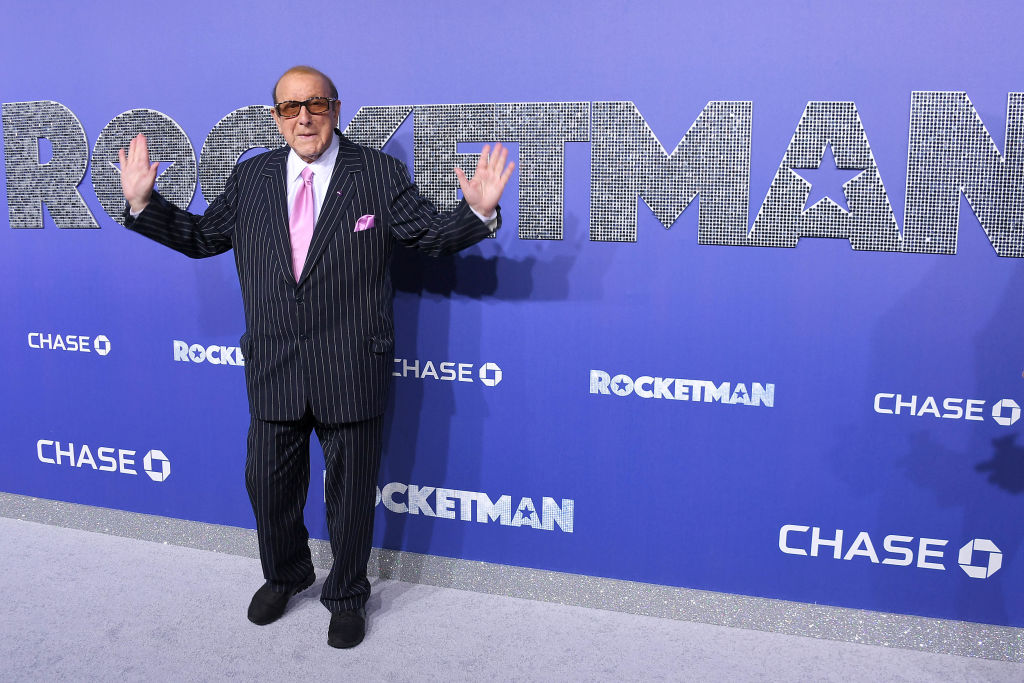
Davis’ mother and father both died within a year of each other, leaving the young 18-year-old to fend for himself. Amazingly, Davis, who moved in with his older sister, stayed focused on his studies. This dedication saw him graduate from N.Y.U before moving on to Harvard. When he graduated, he was hired as a new-associate for the then impressive rate of $4,500 a year. That’s roughly $42,000 in today’s money.
Davis had humble ambitions at the time, setting his sights at $25,000 a year. Little did he know that he would become incredibly rich.
He Counted Aretha Franklin As A Close Friend
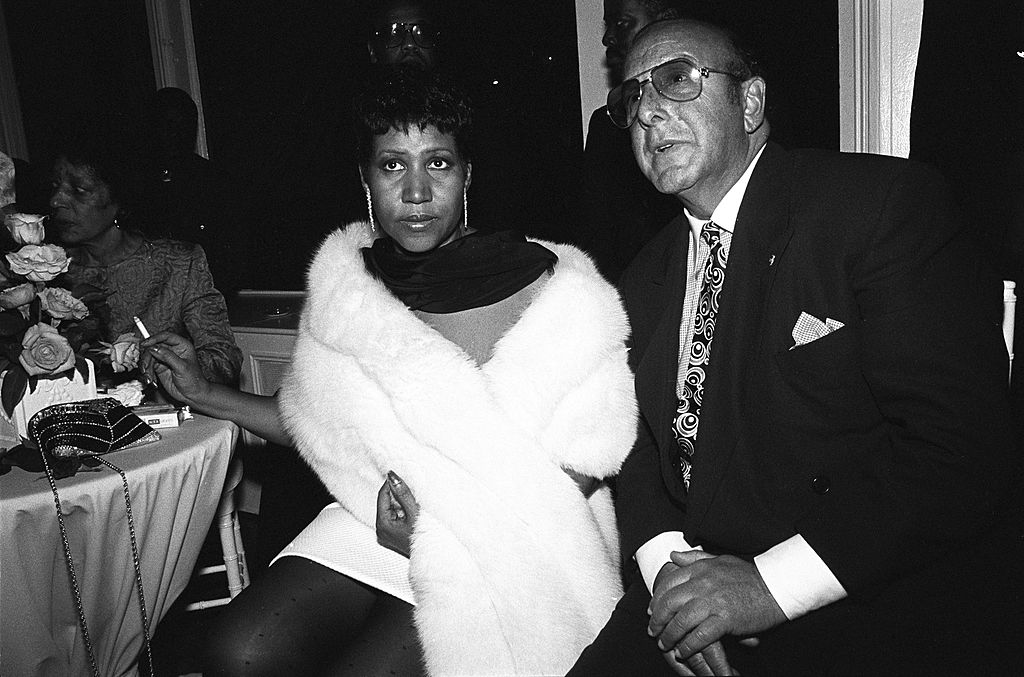
By the time Aretha Franklin signed with Davis in 1979, she was already a star in her own right. But partnering up with Clive saw her become a legend that spanned the decades. Speaking at her funeral, Davis recounted their 40-year-long relationship.
“I’ve spent time with (many successful people),” Davis said. “Most of these people have affected the world in some way, but Aretha is in her own very special category. Aretha’s voice will be heard, Aretha’s voice will be impacting, Aretha’s voice will be influencing others literally for centuries to come.” He went on to call the late artist kind and thoughtful, and genuinely funny.
“I’m All Out of Love” Is Credited To Him
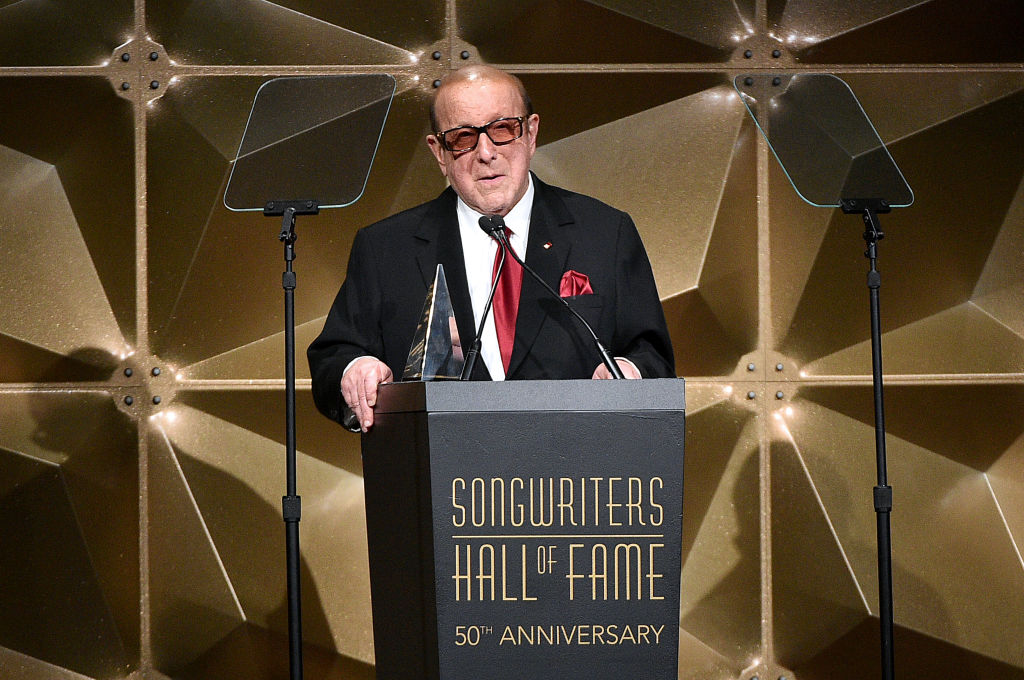
When Australian rock band Air Supply stumbled across Davis’ radar, he could see potential. Their biggest hit by far is 1980’s “I’m All out of Love” which still gets airplay to this day. Interestingly, Davis has a songwriting credit for it…but it isn’t quite what it seems.
Originally, the chorus was “I’m all out of love, I want to arrest you,” but Clive Davis was weary of appealing to an American market. He knew that the US public wouldn’t get the meaning of it, so instead suggested changing it to, “I’m all out of love, I’m so lost without you.”
One Of His First Tasks At Columbia Was To Censor Bob Dylan
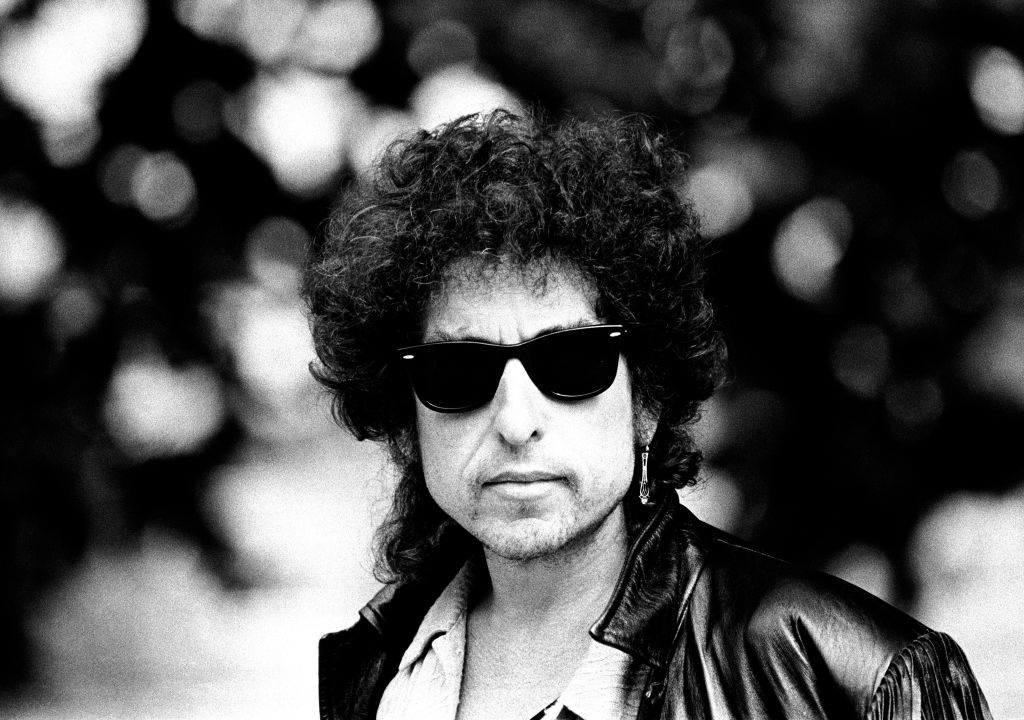
As a young upstart at Columbia Records Clive was tasked with censoring one of the most artistic men in music history: Bob Dylan. Dylan planned to put “Talkin’ John Birch Society Blues” on his album, The Freewheelin’ Bob Dylan, but the label thought it was too provocative. They gave Davis the job of telling Dylan it was cut. To say that the musician was unhappy was an understatement. He was furious.
“In later years, when we had the occasion to work together very cordially, I don’t think Dylan remembered I was the lawyer that delivered this bad news to him,” the producer later stated.
Barry Manilow Didn’t Write All The Songs
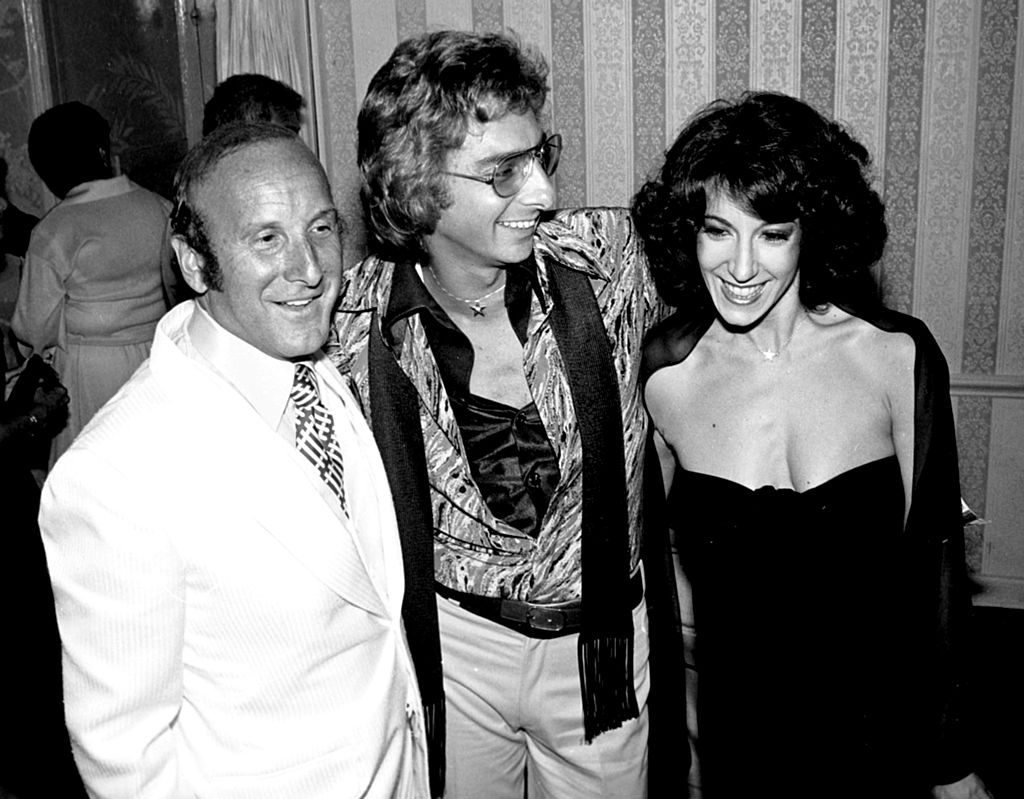
Barry Manilow has a lot to thank Davis for, although he hasn’t always seen it that way. In his memoir, Davis recalls several times the two butted heads. When “I Write The Songs” was presented to the singer, he reportedly went wild as he wanted to stay a singer-songwriter.
“He stormed out of my office,” said Davis. “I didn’t hear from him for another two or three months…the song has gone on to become his signature song. Nobody worries whether he wrote it.” On another occasion, Manilow complained he was being turned into Perry Como. After all, he argued, he was a composer. “I looked him straight in the eye, and with all the frustration that had been building up, I said, ‘Well, if you were Irving Berlin, we would know it by now!”
Lou Reed Used To Spend Weekends With Him
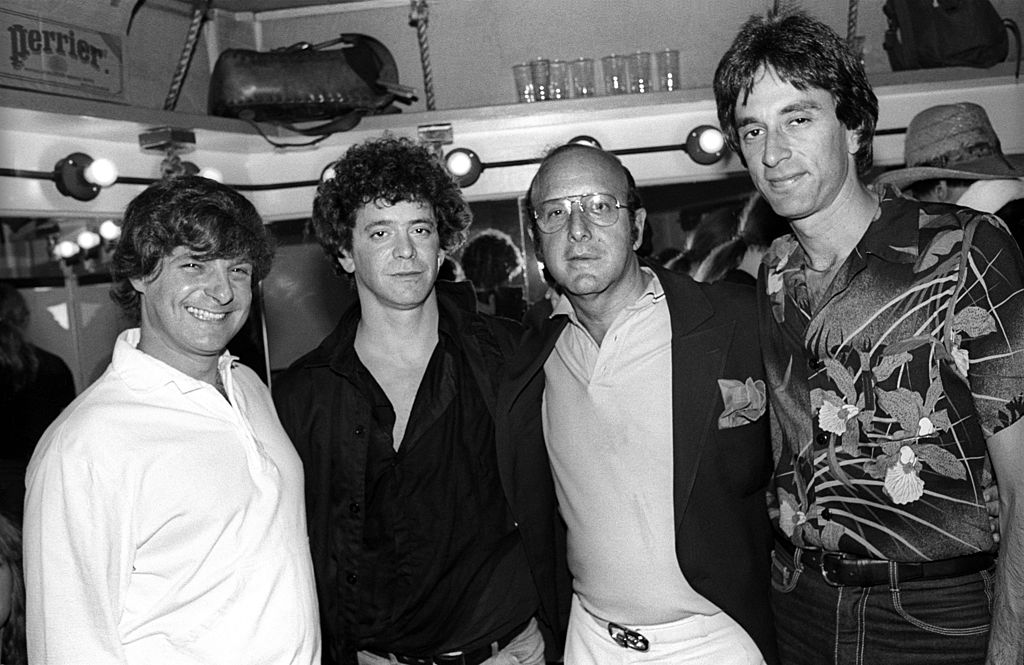
Lou Reed is the king of cool, but his glam image wasn’t all it was cracked up to be. According to Davis, Reed was “just a Jewish guy who grew up in Freeport, except with dyed hair, incredibly long fingernails, and the palest skin.”
“One weekend, I asked him to take a drive in a summer cabana in Long Beach…He said he could never do that. ‘Clive,’ he told me, ‘if I ever get a tan, my career would be over.’” The friendship later fell apart when Reed signed to Arista but had a flop album. When on stage, the singer flipped Davis the bird and said, “Here, this is for you, Clive. Where’s my money, Clive? How come I don’t hear my album on the radio?”
He Has Regrets Like Everyone Else
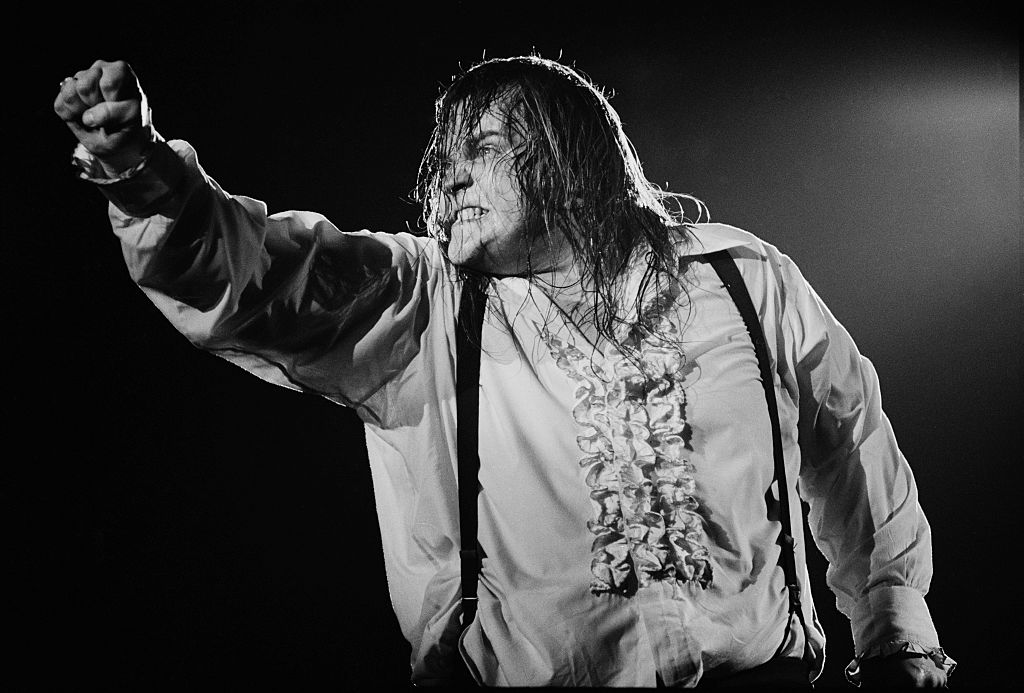
It may seem like Davis has signed every name under the sun, but he’s missed out on a fair few, too. Meat Loaf is one that he regrets, although he’s not keen to use the word. However, he says, when he thinks of missed opportunities the artist immediately springs to mind.
“The songs were coming over as very theatrical, and Meat Loaf just didn’t look like a star,” he admitted. Among the other artists that slipped through his fingers was Fleetwood Mac, Elvis Costello and Tom Petty. “I still have the contract, ready for signatures, in my files,” he says.



